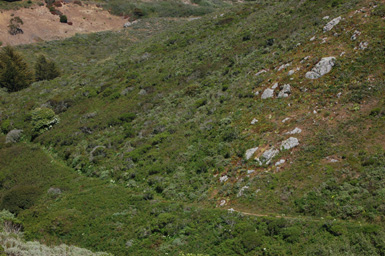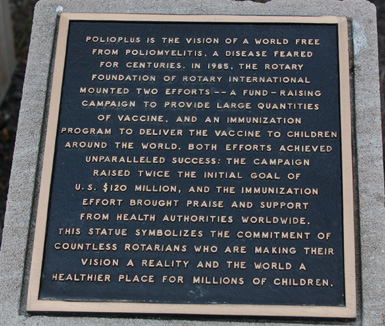
So the Supreme Court has upheld Indiana's voter ID law. The requirements are tough:
That ought to be enough to discourage old and poor people who don't have a current drivers license from voting, don't you think? A 2006 study by the Brennan Center for Justice at NYU Law School concluded that there are a lot of U.S. citizens who would be tripped by such a law if this rule goes national.The Indiana law, adopted by the Republican-controlled legislature in 2005 without a single Democratic vote, is regarded as the strictest in the country. It requires a voter to present a photograph as part of an unexpired document issued either by Indiana or the federal government, a requirement that in most cases can be satisfied only by a current driver’s license or a passport. The state’s motor vehicle agency provides a free photo ID card for people who do not drive, but obtaining it requires a “primary document” like an original birth certificate or a passport.
Would-be voters without proper identification may cast a provisional ballot that will be counted only if they appear within 10 days at a county clerk’s office and present acceptable photo identification or, alternatively, swear either that they are indigent or that they have a religious objection to being photographed.
- Thirteen million citizen adults do not have legal documents proving citizenship.
- Poor people are those most likely to lack legal documents. Some 12 percent of voting-age citizens earning less than $25,000 per year do not have a readily available U.S. passport, naturalization document, or birth certificate.
- As many as 32 million voting-age women may have available only proof of citizenship documents that do not carry their current name.
The disenfranchisement that may come of this law is profoundly anti-democratic, small "d" as well as large "D." And there's an additional aspect of this ruling that is in some ways just as troubling.
We're all getting more and more used to proving our identity in order to go about our daily lives. We need those driver's licenses not only to drive, but also to get aboard a passenger plane. Parts of Canada and Mexico that once shared an economy and daily life with communities on the U.S. side of the border are now cut off by the requirement that U.S. residents have a passport to get back into their own country. More and more workers are accustomed to swiping company ID badges to enter their workplaces; a few even have been implanted with RFID chips by employers to verify their identity. Stores often demand to see a driver's license from a customer using a credit card.
We're becoming a society in which various identity cards, usually driver's licenses, have become a kind of "pass card." Don't leave home and try to go anywhere without one. (Actually, the Feds are now issuing a kind of cut-rate wallet size passport for use at the Mexican and Canadian borders that they label a "pass card.") Does that worry anyone? It certainly makes me feel no safer and less free.
















































